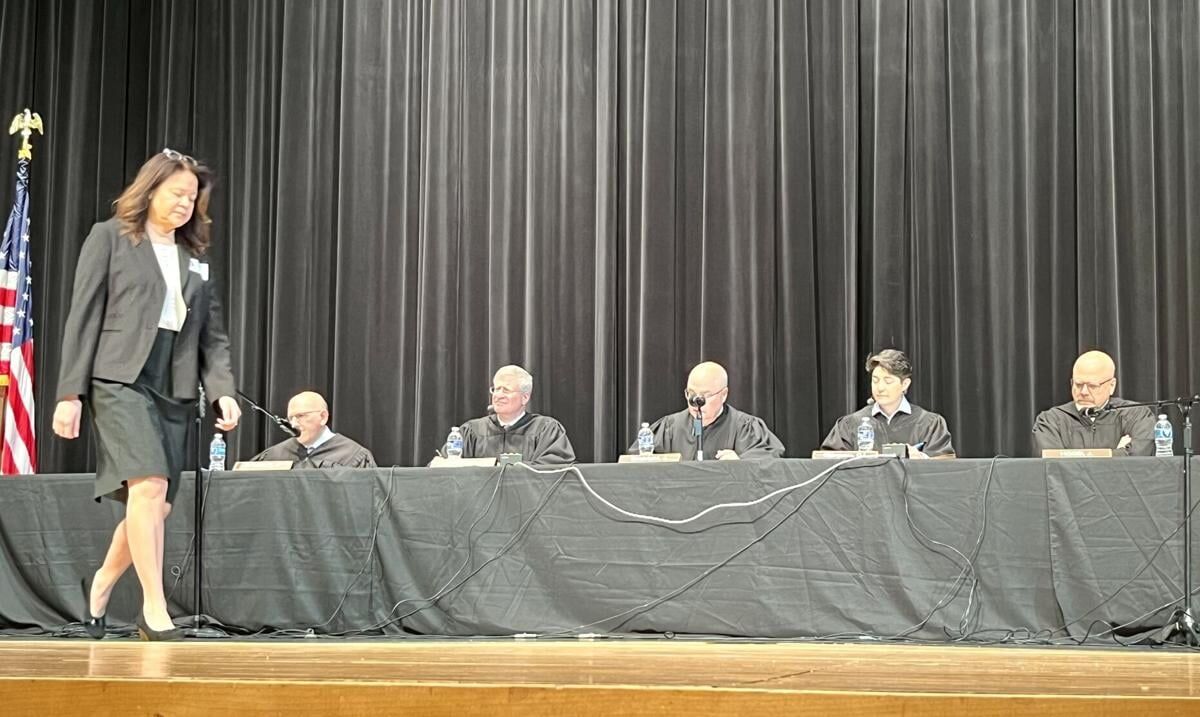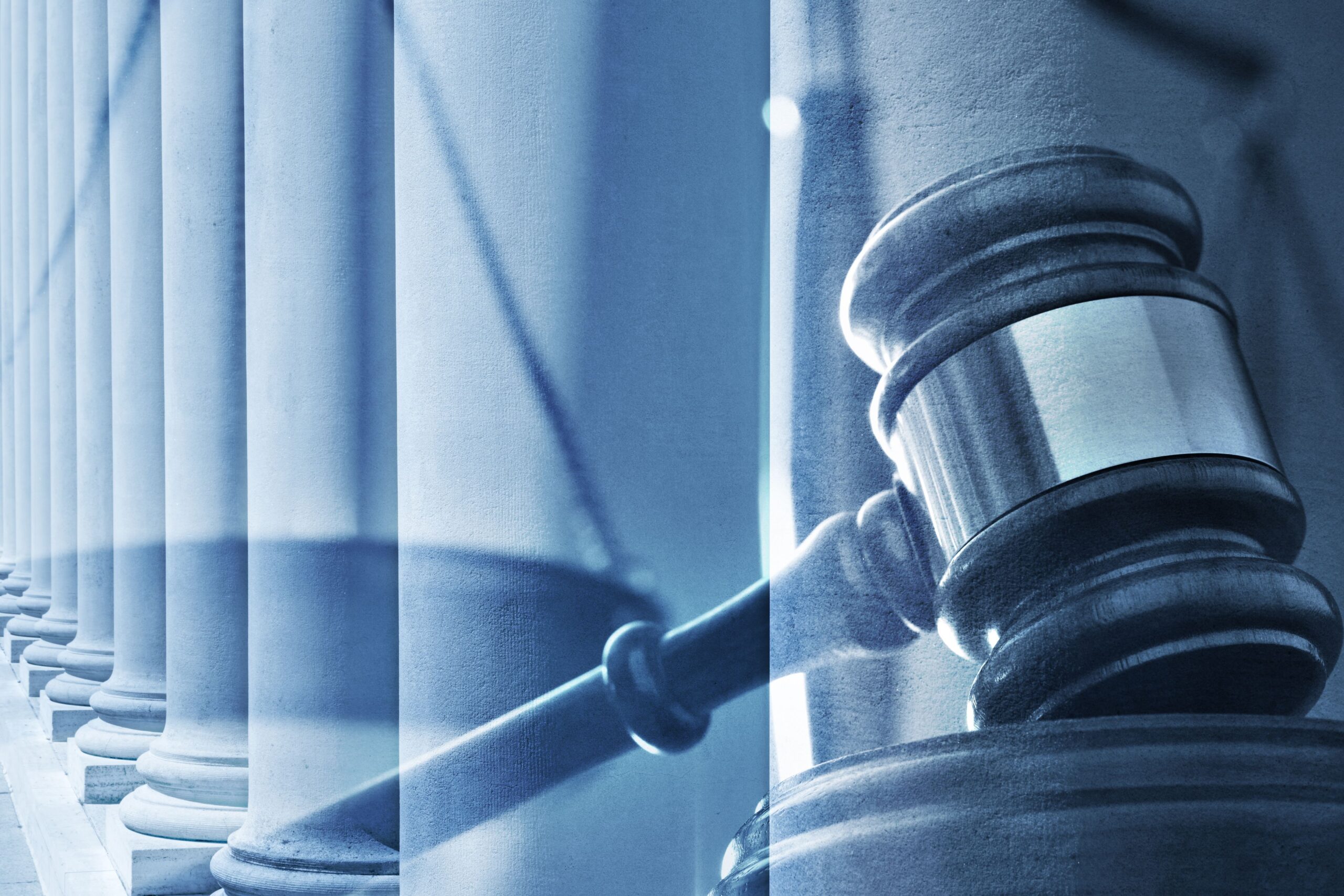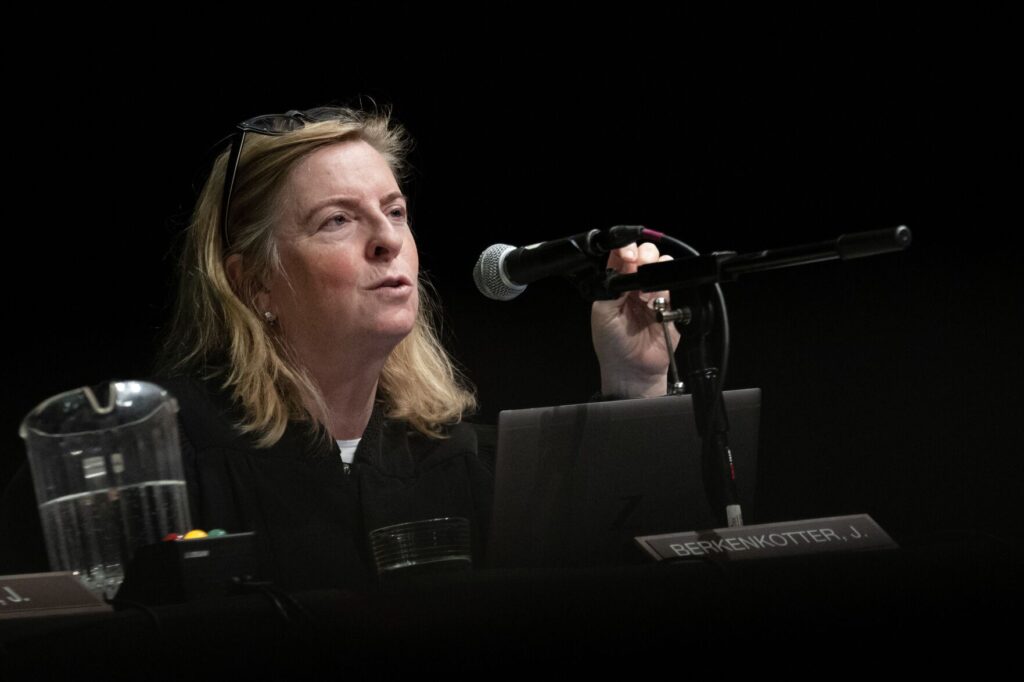Colorado justices tell Arapahoe County judge to reconsider disqualification of law firm from case

The Colorado Supreme Court on Monday directed an Arapahoe County judge to reconsider his prior decision to remove a law firm from a civil lawsuit due to a conflict of interest.
In an unsigned Sept. 8 order, the justices laid out specific issues the judge needed to examine before concluding that the work an attorney performed years ago for one set of litigants precluded his new law firm from representing the opposing litigants in a different lawsuit.
In 2016, the family of oil and gas executive Jack Grynberg filed suit over the ownership and control of his companies. Evidence indicated Grynberg’s cognitive decline resulted in him falling victim to scams. Grynberg, who died in 2021, lost the litigation.
In 2022, the administrator of his estate filed a malpractice suit against Dorsey & Whitney LLP, the law firm that represented Grynberg. The complaint alleged they “pursued scorched-earth litigation tactics” that isolated Grynberg from his family and prevented him from receiving medical care for his cognitive issues.
Two of Grynberg’s adult children moved to intervene and sought to remove the lawyers at Richards Carrington, LLP, who were representing Dorsey & Whitney. They argued one partner at the defense firm, Michael Mulvania, represented them in the prior litigation and there was a “substantial risk” he possessed confidential information that was relevant to the new lawsuit.
In an April 8 order, District Court Judge Don J. Toussaint agreed with the Grynberg siblings.
“Mulvania substantially participated in the 2016 lawsuit. Mulvania billed 812.5 hours for work, and he was privy to privileged and confidential information throughout his representation in that matter,” wrote Toussaint. “Based on the totality of the circumstances, disqualification is warranted.”
Richards Carrington turned to the Supreme Court. The attorneys argued any confidential information had already been disclosed publicly, that the firm had already implemented an “ethical screen” excluding Mulvania from the case and that Mulvania had “limited involvement” in the original litigation over Grynberg’s companies.
“To hold otherwise — in a case where nonparties have moved to disqualify counsel based upon the most attenuated and remote of circumstances — would dangerously expand the scope of permissible disqualifications, effectively prohibit ethical screens in any circumstance, and prejudice law firms of all sizes while incentivizing and proliferating the use of disqualification motions as litigation tactics,” wrote the attorneys.

The Grynberg children, the estate administrator and Toussaint all responded to Richards Carrington’s petition to defend the decision. Generally, they argued Mulvania was potentially exposed to confidential information about the Grynberg children’s impressions of their father’s cognitive capacity. Mulvania’s new firm could use that knowledge to expose potential inconsistencies in the Grynberg children’s accounts to defend against the malpractice case.
Yet, “Mulvania’s duties to Rachel and Stephen (Grynberg) as his former clients would prevent him from revealing the confidential information that Rachel and Stephen disclosed to him (or didn’t), thereby compromising his duty to zealously represent the Dorsey Defendants. That is a textbook former-client conflict of interest,” wrote attorneys for the estate administrator.
Richards Carrington countered that there were no facts “or even plausible theories” that the Grynberg children would have disclosed relevant and confidential information to Mulvania during the short time he worked on the prior litigation. Moreover, the Grynbergs had already commented publicly on the complained-about details.
“Mulvania no doubt obtained information about the issues he worked on — that is, information relating to the corporate structure and formal control of the Grynberg companies. But there is no reason whatsoever to believe that he received client confidences relating to (Jack) Grynberg’s mental status,” wrote the law firm.
The Supreme Court’s order noted the rules of professional conduct do typically prohibit a lawyer in one case from going up against their former client in the “same or a substantially related matter.” But rather than rule on the disqualification issue, the justices ordered Toussaint to address additional relevant factors before he disqualified Richards Carrington.
The court returned the case to Toussaint to answer specific questions about why any information Mulvania obtained would affect the estate administrator’s case, whether the alleged confidential information was actually in the public domain already and why the ethical screen separating Mulvania from the current case was inadequate.
The case is McMinimee v. Dorsey & Whitney LLP et al.













